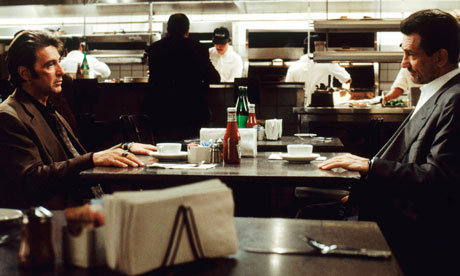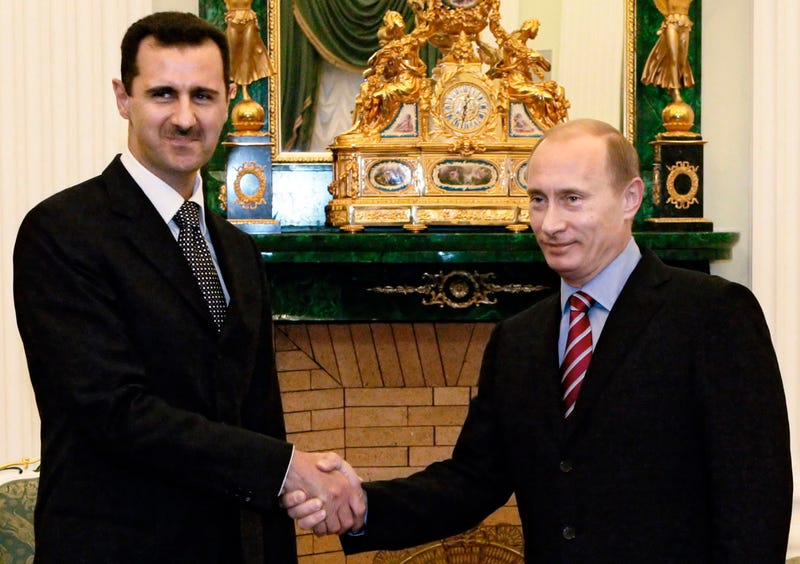 |
| This is how it's done in the real world |
But now we have a vast drooling American population slackjawed at the release of the latest fantasy blockbuster, Batman v Superman. I suppose the first question that must be asked is why these two caped crimefighters would fight each other. (I'd also like to know what's the deal with the capes, but I'm here to mock them, not shame them for their choices in outfits.) The answer, pathetically, is that for generations sixth grade boys have spent billions of hours collectively arguing on the playground the hypothetical "in a fight between Batman and Superman, who would win?"
Now, this is dumb on a number of levels, even according to the canon. Setting aside that they're supposed to be on the same 'side', Batman is actually Bruce Wayne, a very rich orphan with a lot of training and technology, but no actual superpowers. Superman, on the other hand, is an alien, an immortal, god-like creature that should be able to crush the nominally human Bat in an instant. So anytime these two representatives of their species must fight, the narrative must include a variety of unlikely - wait - I suppose, considering the premise, that nothing in the story should be considered particularly more 'unlikely' than anything else - events, conditions and substances which serve to weaken superman and make the fight more interesting, or at least ensure it will last longer than a microsecond.
If you happen to be a fan of the genre, I suppose the events in Batman v Superman have some dramatic implications, and represent an opportunity for good actors to chew up some theatrical scenery. I'm reminded of a scene in one of my favorite movies where Robert de Niro's professional thief and Al Pacino's detective take a few minutes to share a tense, if somehow brotherly cup of coffee. The cinematic tension was high, the dialog was spare and powerful, and the muted colors of the late night coffee shop setting was ultimately noir. I personally doubt you can build that kind of tension between two men in tights, but at least in theory this is precisely the kind of conflict between hardened professionals that leads to both deep, violent animosity and a kind of understanding, perhaps almost kinship, that can serve to point out the ultimate pointlessness of the conflict.
We live in the world - every day of our lives. We KNOW nobody is going to be tossing cars or firing missiles from jet scooters. In the realm of conflict, humans have superpowers when they are well trained and experienced with guns, knives or martial arts. THOSE are the people who have the power to take lives, to destroy buildings, and fight at a very high, very deadly level. Audie Murphy was a superhero. Jim Cirillo was a superhero. Carlos Hathcock was a superhero. And that's what human superheroes have the power to do - they kill. They kill in vast numbers like Murphy, they kill at eyeball range like Cirillo, and they kill at long distances like Hathcock. This is the pinnacle of human superpowers - and to pretend it is anything more romantic or less ugly than that hard, simple truth is to believe in a world where benign alien gods would be unable to instantly destroy a rich human in bat ears.
...

